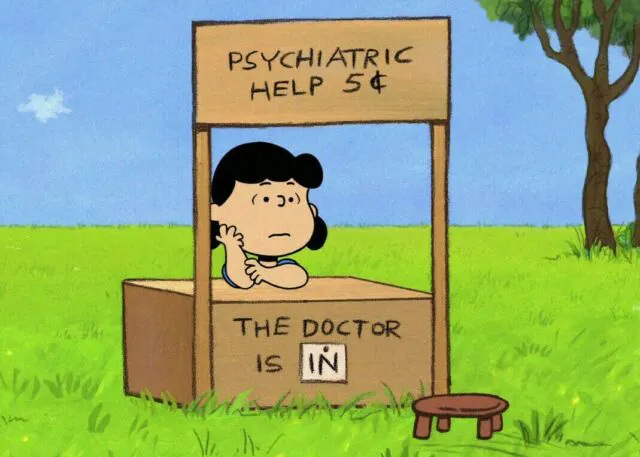S1 E27

WEEKLY NEWSLETTER FROM ANDREA BATILLA
HOW TO CURE MADE IN ITALY

Getting to that company in central Italy was a long journey — so long that we had to spend at least one night there just to have time to work. It was a small, family-run business that, to this day, still produces a couple of its own brands. I won’t say the name of the company.
My job was to figure out what the owners had in mind, where they imagined themselves going, what they could say with their limited production capacity and their limited, provincial view of the world.
The main brand had a strange sort of aesthetic precision, the result of the tangled mind of one of the sons who was desperately trying to assert creative independence — from his father, his mother, his sister, the marketing directors, the sales agents. And from his wife too.
I quickly learned that family ties there worked on alternating current, with devastating power surges and sudden drops in tension. It was impossible to navigate the emotional muck the family floated in, slow and relentless like quicksand. Meetings were a hell of verbal clashes, attempts by the mother to sabotage the project, efforts by the father to keep the peace, people storming out, people missing, constant deflections to avoid making decisions.
To me, the heart of the brand seemed clear. I thought it followed the family story in a coherent way, but none of them thought that was important. They preferred to stage long psychodramas that slowed down the already struggling movement of the company.
One day I found out that the son in charge of the creative direction of the collection played guitar. In a rare moment of calm, he told me that every evening, when he got home, he would lock himself in the basement he had soundproofed and play. Alone. He didn’t want anyone to hear him, didn’t want anyone involved in that one moment of freedom.
After the contract ended, I asked myself what more I could’ve done to help them. Their plea for help was clear, but back then I didn’t yet have the ability to detach from the human component enough to try and make it smoother, more manageable.
This is the true story of one of many small businesses that make up the strange galaxy we call Made in Italy — a system that sinks its deep roots into convoluted family dynamics, but that still carries within it the power to survive.
To read the rest of the post you need to subscribe. Through a paid subscription you will help me produce more contents.
SUBSCRIBE (S'ouvre dans une nouvelle fenêtre)
Déjà membre ? Connexion (S'ouvre dans une nouvelle fenêtre)


